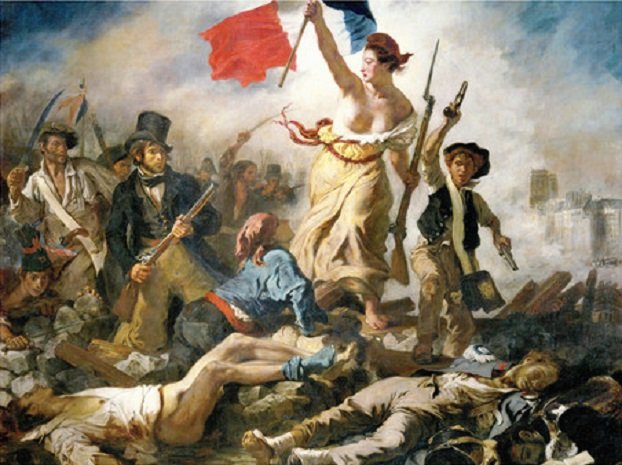Nature and peculiarities of historical knowledge /part 2/
This is because: first, it is the historian who chooses one or another cognitive task, therefore this choice is subjective; secondly, he is the one who chooses the sources with which he will work, and this choice is also subjective; thirdly, it is the historian who judges the sources included in his work by accepting the testimonies of some and rejecting the testimonies of others, the criterion of truthfulness and credibility is in him (subjective).
Fourth, the historian is the one who completes the missing sources / information /. So if a historical source tells us that Caesar's day was in Rome, and the next one in Gaul I am in my right to allow without it being given in the sources that he had moved from Rome to Gaul. The reported filling in the missing information in the sources, according to Collingwood, is made with the so-called " a priori imagination, which is to say the product of his idea of history; fifth, the historian is the one who ultimately gives one or another interpretation of the already reconstructed development period (or event). This interpretation depends on his idea of history, which in Descartes terminology is inherent, and Kant's terminology is a priori. This is why Collingwood concludes that he has so many stories, historical truths, as historians. In this sense, we can not talk about a single or universal truth for any period of development. Historical truth is relativised and pluralised. Not recognizing the objective reality of the historical past leads too often to another result, namely to the replacement of the object of the historical past of history.
Starting from the notion that the historical past does not exist in the present of the historian, some people advocates the idea that the immediate object of his activities is not the past, but that these are the historical sources. These sources are historical and archaeological. Writing texts, namely chronicles, chronology, letters, etc., are central to this. In these cases he says when there are no written historical sources and oral traditions do not provide the necessary information, the historian goes to the archaeological sources. These are the material remains of the past (tools, coins, weapons, buildings, etc.) that have been preserved in whole or in part. However, in order to be used as sources, they must be "read" in a special way or they must be asked to "talk" and "tell us" about the past world of their time. This task deals with archeology whose vocation is to decode and decrypt the material remains of the past by presenting the information contained therein in a language that is understandable to the historian. In this way historical and archaeological sources are the objects of historical research.

To listen to the audio version of this article click on the play image.

Brought to you by @tts. If you find it useful please consider upvoting this reply.